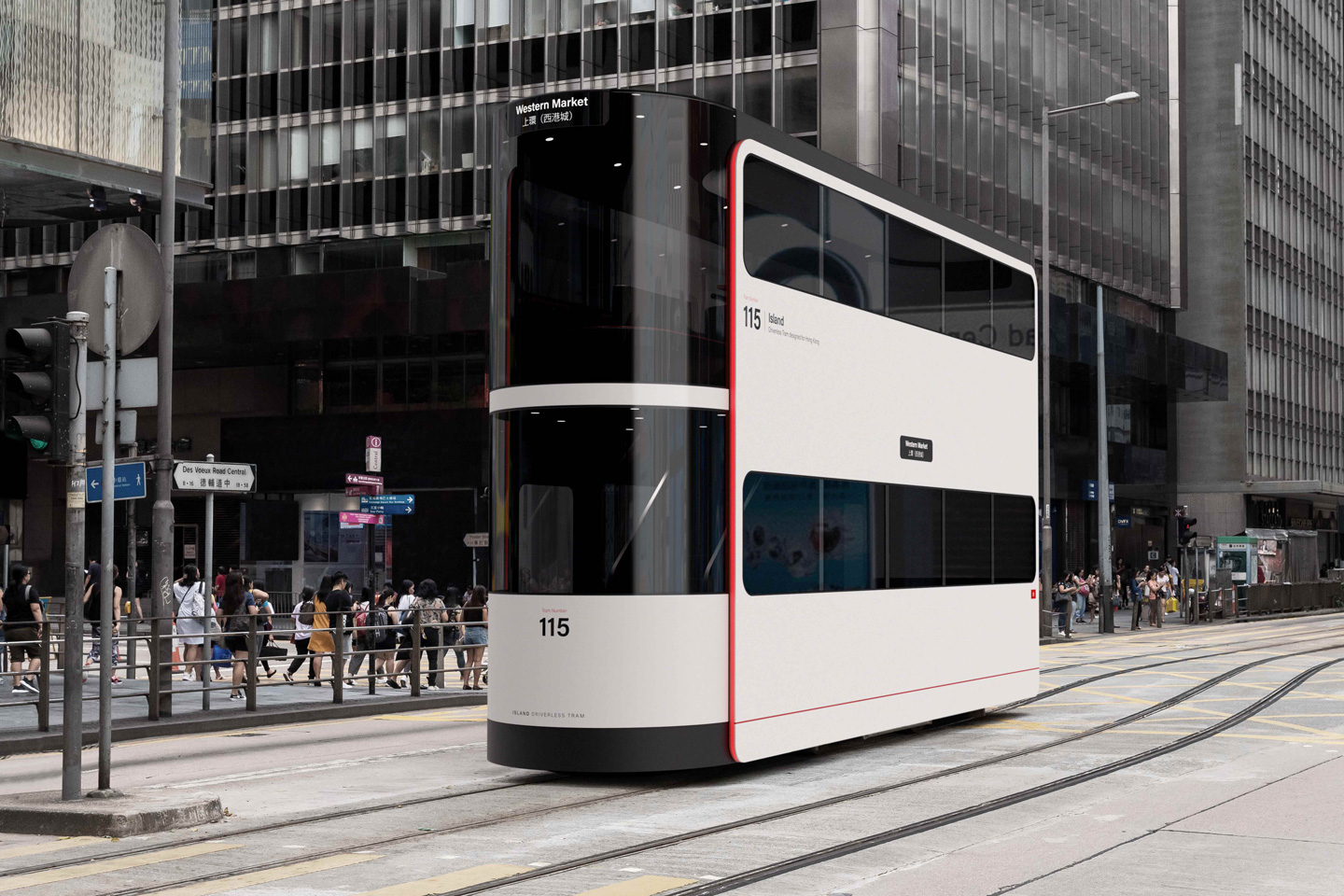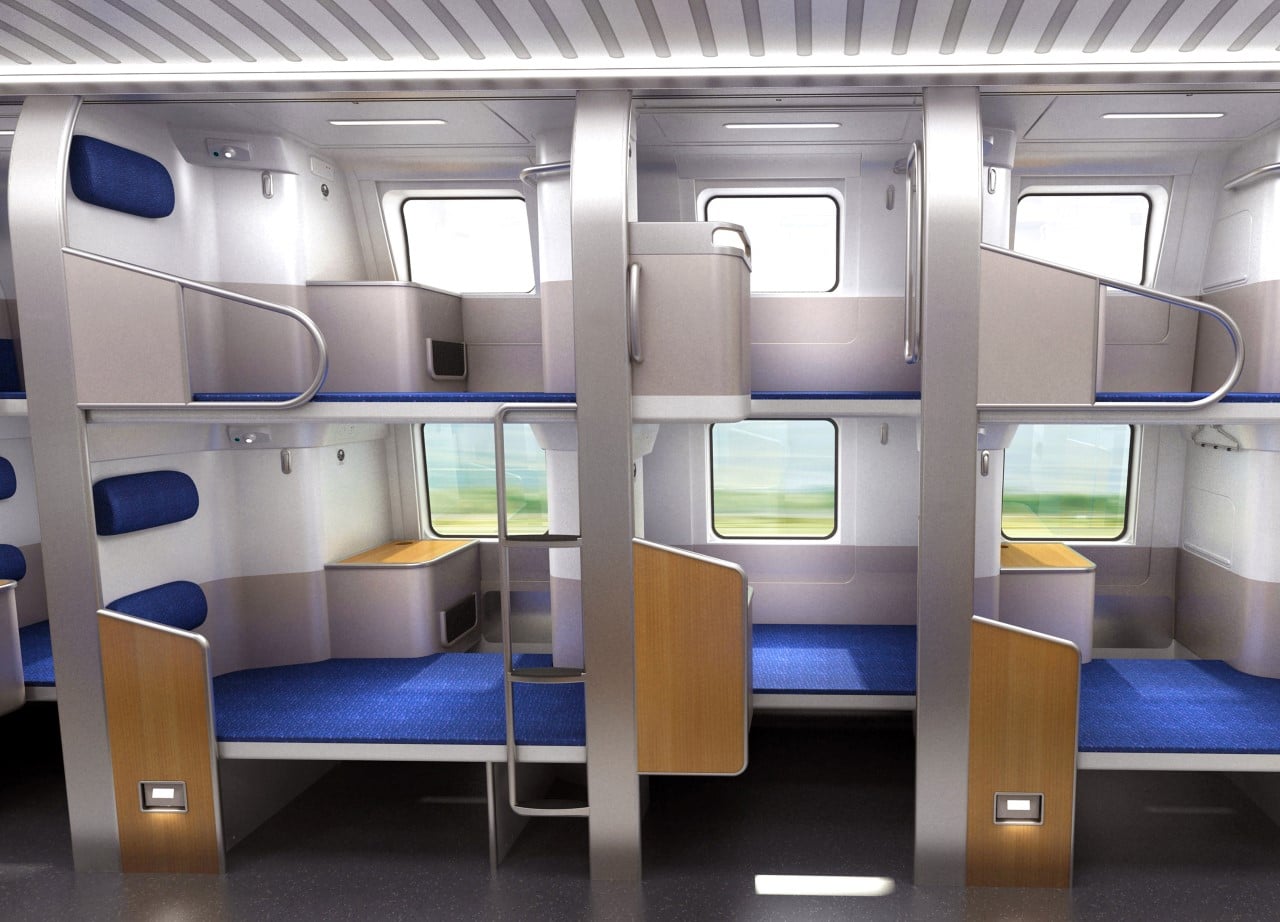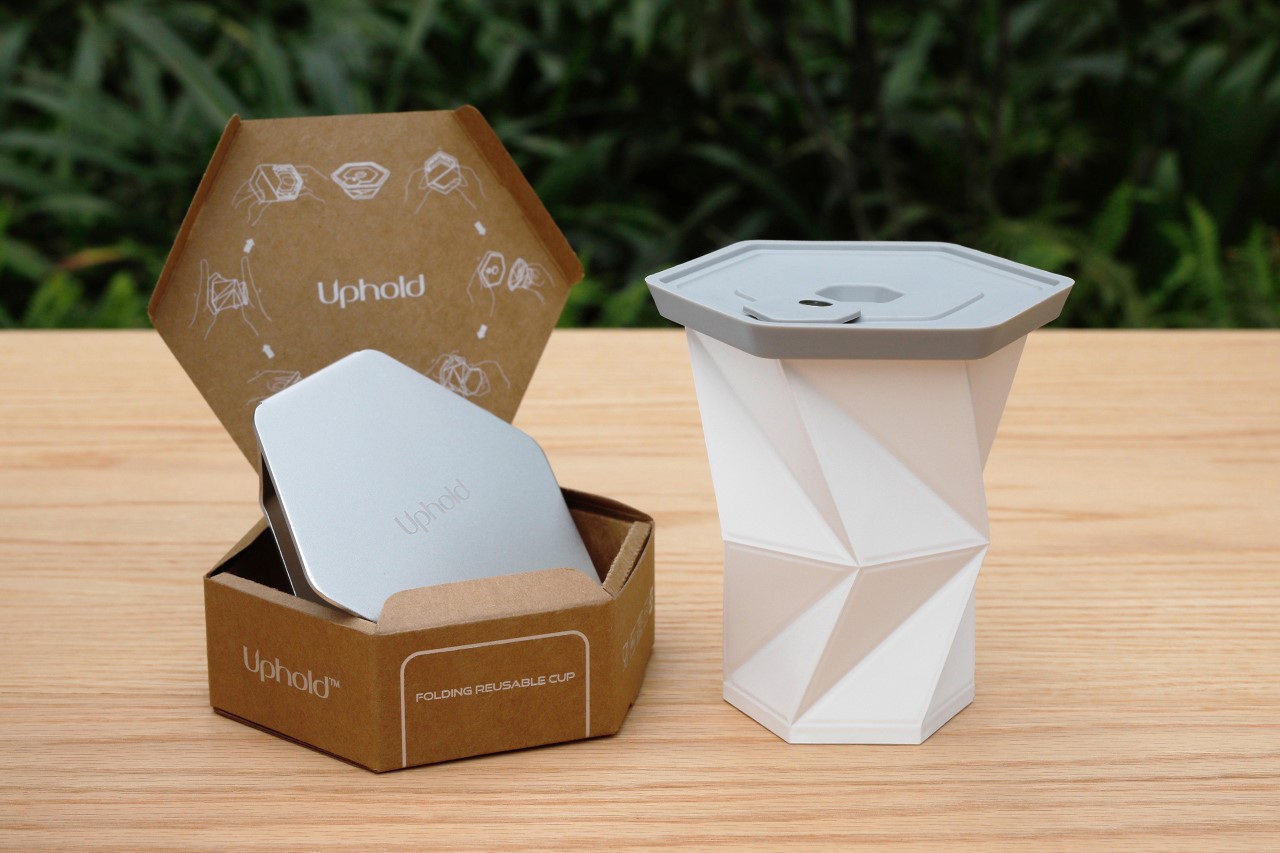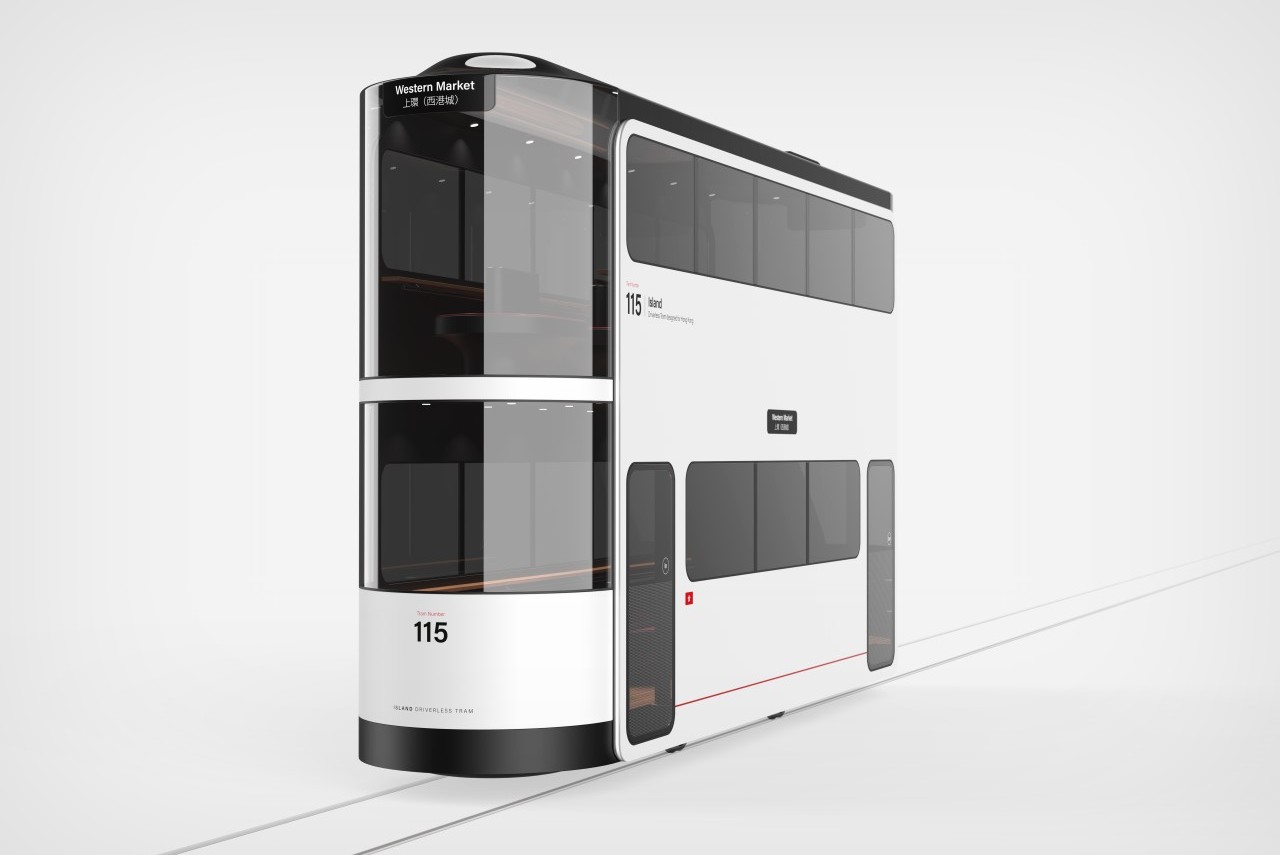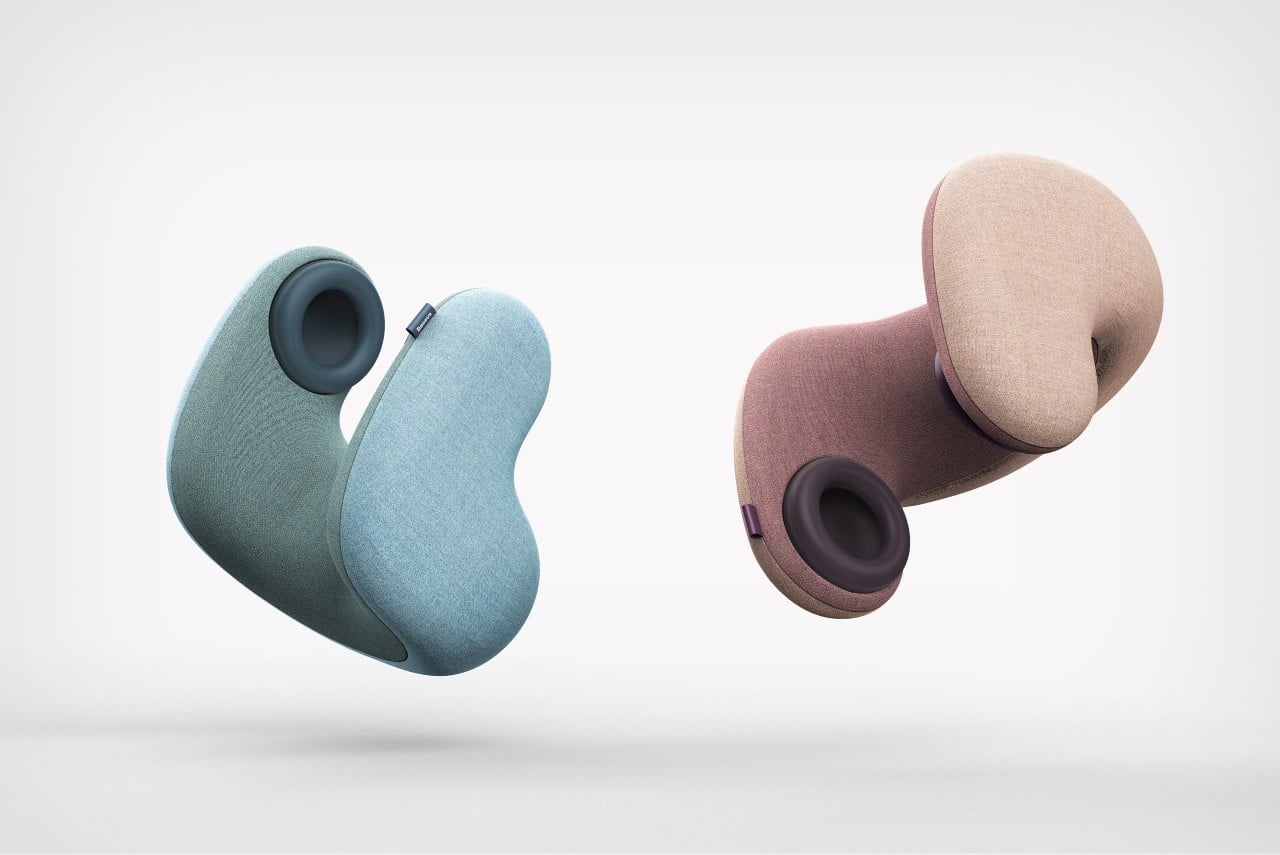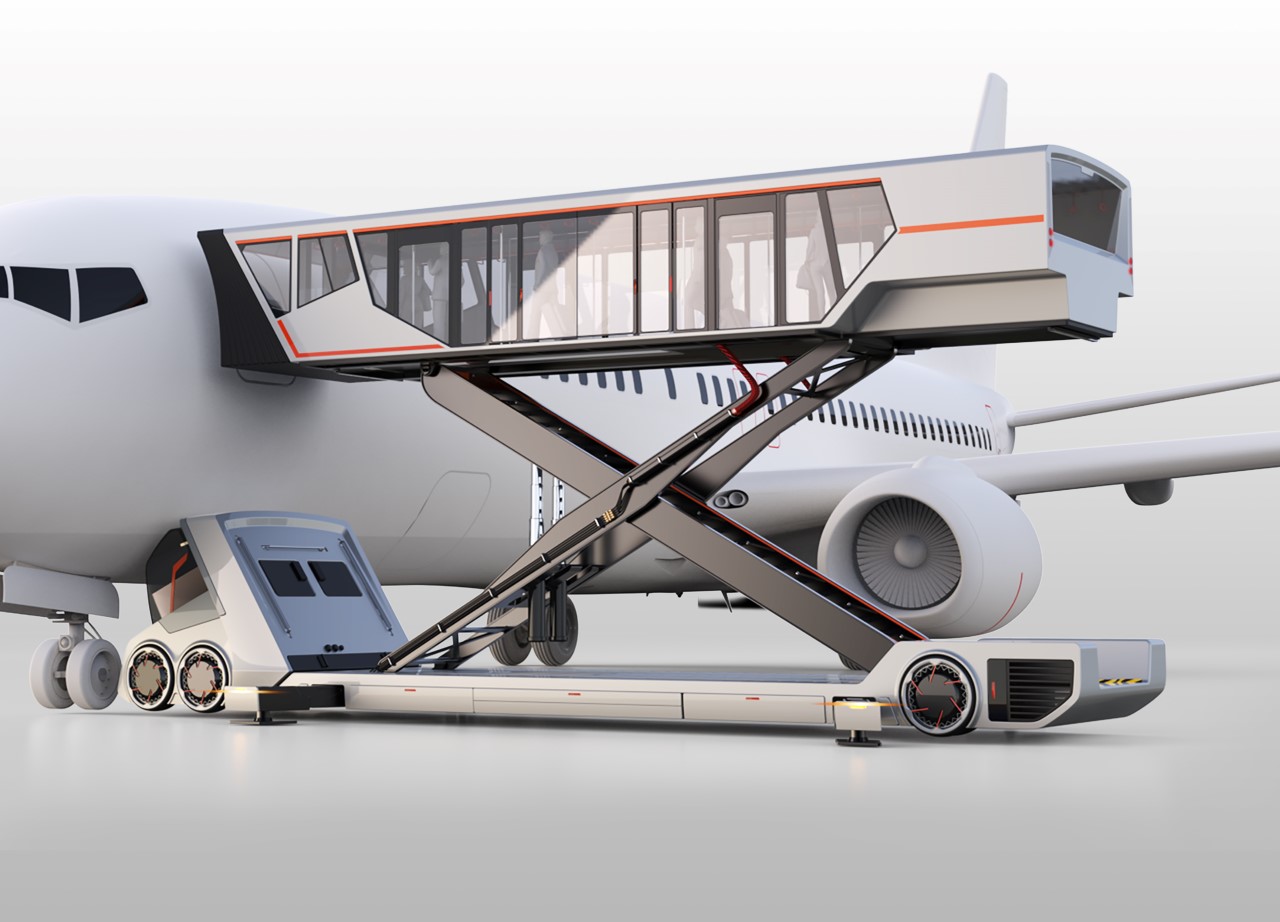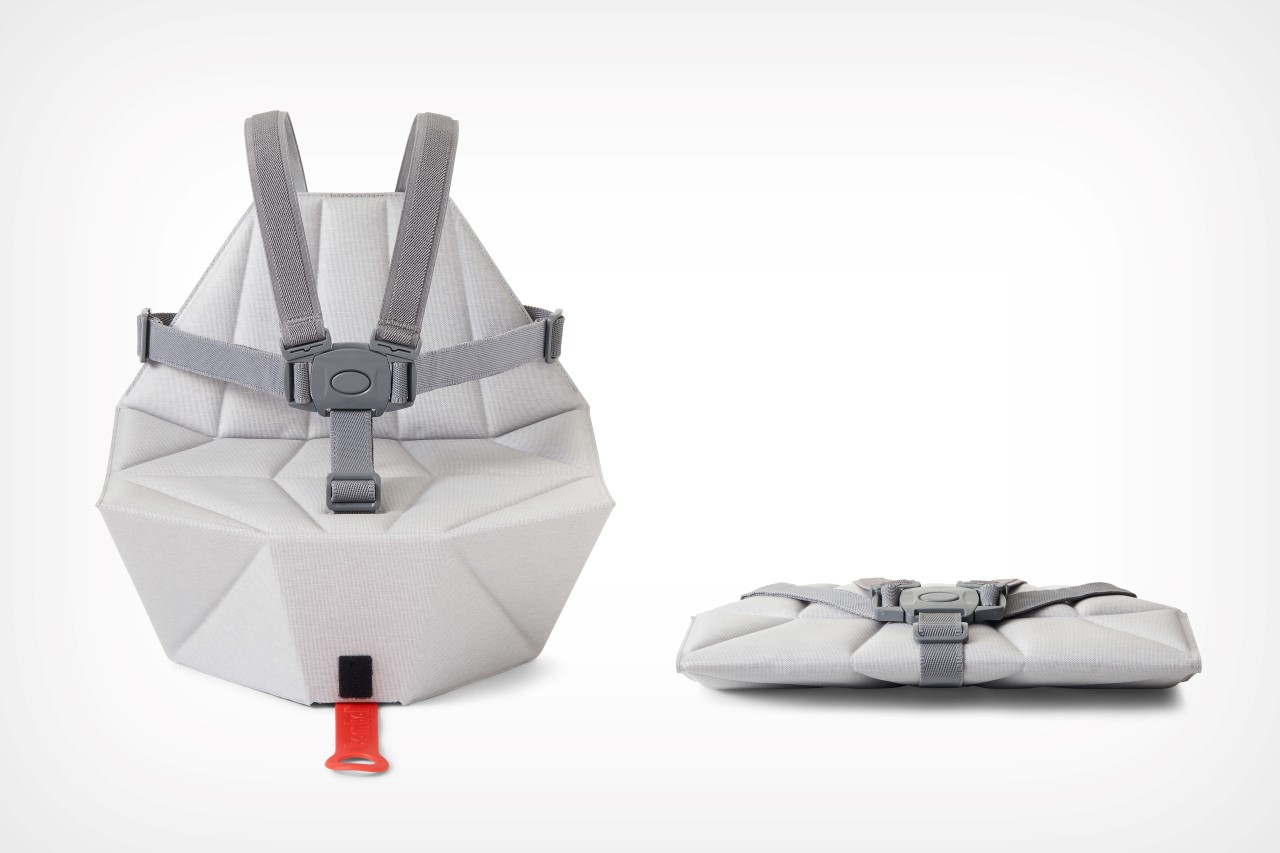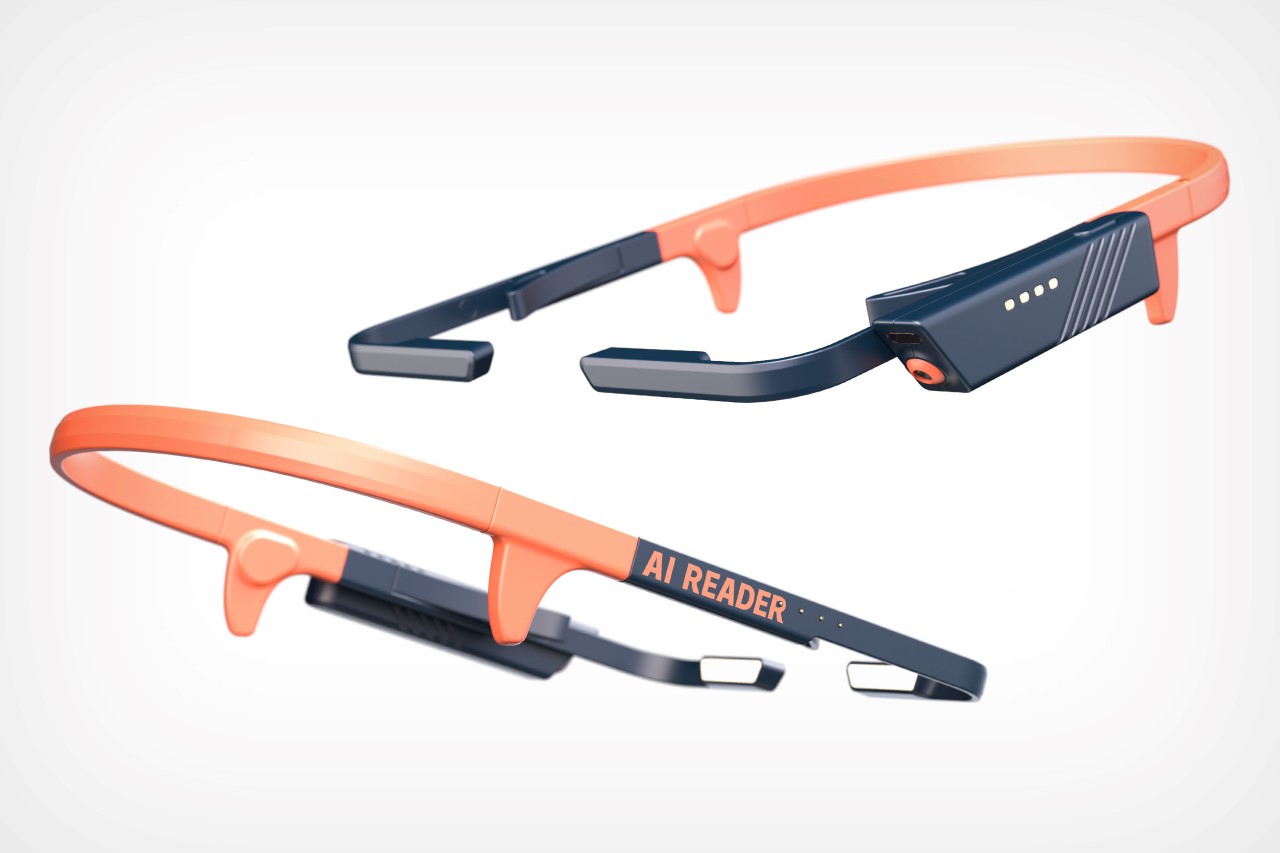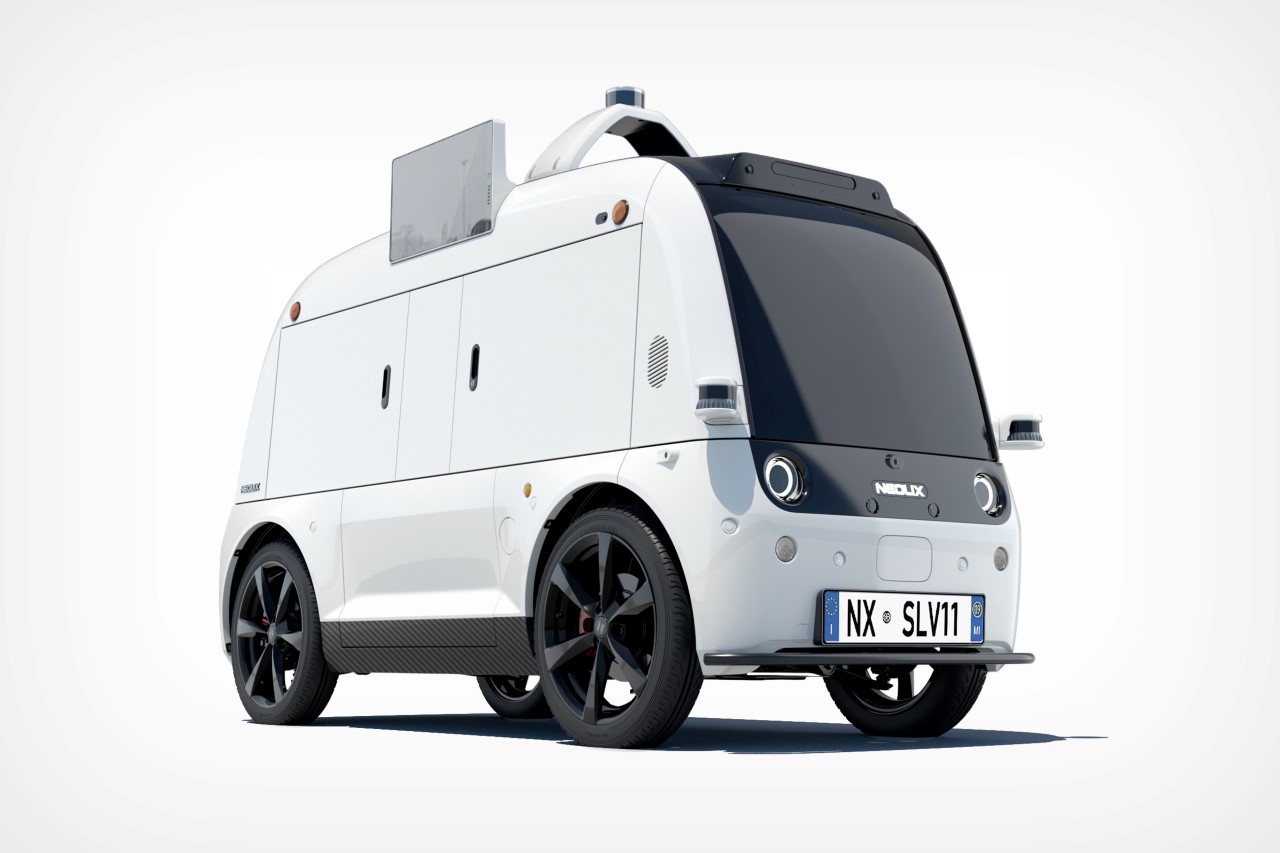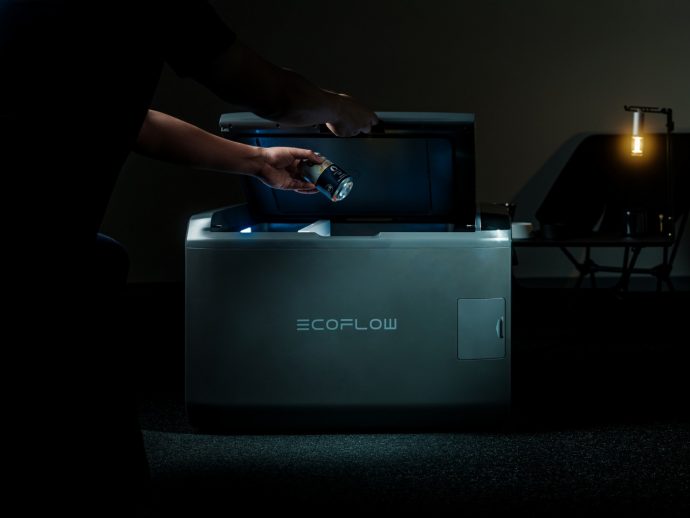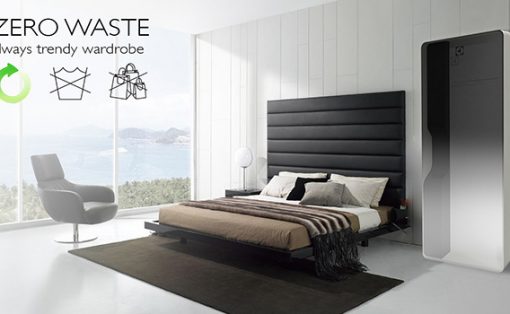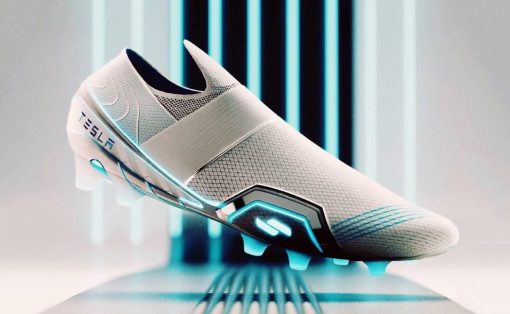Designed with a vision towards the future yet rooted firmly in tradition, the Goldreed Industrial Design Award is an international design prize driven by globalization, specialization, and market orientation. Based out of Xiongan New Area of China, the award was originally created to discover the future of design, inspire the quality of future living and empower the design of future cities by exploring the Chinese concept of “harmony”.
The award, which is free to participate in, is targeted towards designers, design teams, design studios, companies, universities, and institutes from all countries and creative fields. Entries can either be real products or conceptual in nature, while aligning with the Goldreed Industrial Design Award (GIDA) mission to help lead a better lifestyle, upgrade industries, and balance the city life with nature.
The Goldreed Industrial Design Award is spread across 8 different categories – Manufacturing Equipment, Transportation Means, Home Life, Culture & Creativity, Sports and Healthcare, Public Facilities, Information Processing, and Communication Design. Among the entries, the jury nominates 100 designs for winning the GIDA, of which only a select few win the Good Design Award, the Future Star Award, and the Gold Award, with one sole entry winning the Best of the Best Award. Winners of the awards win a grand total of 4,500,000 RMB ($706,680), with the Best of the Best winner getting 1,000,000 RMB ($157,040) as a cash prize.
Winners are presented with their award at the GIDA Award Ceremony held during the Hebei International Industrial Design Week in September. The award ceremony is attended by media personnel, industry personnel, and even venture capitalists. Aside from the cash prize and trophy/certificate, GIDA winners are also given exclusive opportunities to connect with potential clients, business partners, and the media. Winning designs are additionally displayed at both virtual and physical exhibitions for the duration of the year. Here are a few select winners from the 2021 Goldreed Industrial Design Award!
Click Here to visit the GIDA website and participate for free!
High-privacy Forward Layout Sleeper EMU (Best of the Best)
In order to adapt to the complex operating environment of China’s high-speed railway and the needs of long-distance routing operation, Mr. Huang Junhui and his team pioneered the design of a new type of large capacity and high privacy longitudinal sleeper EMU. This new sleeper holds a capacity of 60 passengers, a 50% increase from the previous 40 passenger capacity. Additionally, it also provides extra comfort, while giving each group of passengers their own private quarters, reminiscent of the pod hotels found in Japan!
Uphold Cup (Good Product Design Award)
Designed on the principles of Origami, the Uphold Cup is a foldable, portable travel cup that goes from tumbler to a flat-packed disc when not in use. The cup’s materials are food-grade, BPA-free, and can carry beverages of up to 100°C in temperature. The Uphold Cup uses polymer Polypropylene (PP) as its body material which is relative stiff, while also providing the ability to fold multiple times (live hinging) without breaking.
Island (Future Star Award)
Island is a conceptual double-decker driverless tram designed for the city of Hong Kong to be used in the post-pandemic era. Island is an exemplary blend of industrial design, transportation design, public design, urban mobility, and sustainability. Using public transport is crucial to keep pollution levels low especially when the virus going around attacks your respiratory system first. Making sure that public transport facilitates social distancing was also given the utmost importance during the design process. “We wanted to reimagine public transport in the post-COVID era from a prevention perspective. Especially in the densely populated city of Hong Kong, where social distancing is hard to achieve.
De-Noising Pillow (Future Star Award)
Designed to work not just as a neck pillow, but also as earmuffs, the De-Noising Pillow is perhaps the ideal travel accessory. It gives you the ability to cushion your neck, while also covering your ears in case you’re in a particularly noisy environment. Moreover, the pillow can merely be rotated to be used as a forehead pillow so you can rest your head on a table. Multiple birds with one stone, eh!
X-ferry Bus (Future Star Award)
This innovative vehicle bridges the gap between ferry-buses and aerobridges. Given that not every airport is large enough to provide a skybridge for all flights, the X-ferry Bus conveniently offers a nifty alternative with its massive hydraulic cabin. The bus looks and functions like a normal ferrying vehicle. It carries passengers from the gate all the way to their flight, but instead of getting them to deboard and climb up the stairs to the plane’s entrance, the X-ferry’s entire passenger cabin lifts upwards, docking into the plane’s entrance! Passengers can climb out of the bus and directly into the plane – a feature that’s convenient for passengers, especially disabled ones, and even more so in bad weather conditions!
Pop-Up Booster (Good Product Design Award)
The Pop-Up Booster is a portable, foldable booster seat that relies on origami folding patterns to become a strong, sturdy seat when opened, and fold down to a flat profile when you’re done using it. The super-strong origami structure is designed to withstand as many as 20,000 impacts of up to 75kg. It’s also designed to securely hold your baby using its 5-band harness, fits most chairs, and is perfect for on-the-go families and hospitality spaces.
AIREADER (Good Concept Design Award)
Although the AIREADER looks a lot like a fancy successor to the Google Glas HUD display, it is, in fact, a wearable for the visually impaired, acting as a pair of eyes for them as they navigate the world. Studies have shown that about 80% of blind people actually retain vision and still respond to light. AIREADER is a future blind reading device based on user experience design and AI algorithm. It uses the remaining light sense of blind people to propose the design concept of “light signal prompt”. A scanner sitting on the front of the device observes the world, relaying it to the wearer using powerful light signals that flash directly into the wearer’s eyes. This allows them to rely on a sense that was once dormant, alleviating the load on other senses like their sense of touch or hearing. With the support of AI algorithms such as text recognition, item recognition, and gesture recognition, it’s possible to give blind people the ability to achieve reading, object recognition, and road signal recognition.
NEOLIX X3 (Gold Award for Best Smart Design)
NEOLIX X3 is the world’s first commercially available unmanned vehicle for commercial use. Equipped with Level-4 autonomy, NEOLIX X3 has the ability to autopilot in all scenarios and at all times, allowing it to meet the needs of different operational scenarios: logistics, distribution, retail, security and sanitation, etc. Aside from being autonomous, capable, and versatile, the NEOLIX X3 can hypothetically work 24×7, thanks to its battery-swap technology that lets you easily swap out an old battery for a new one, reducing down-time during recharging.
Click Here to visit the GIDA website and participate for free!

